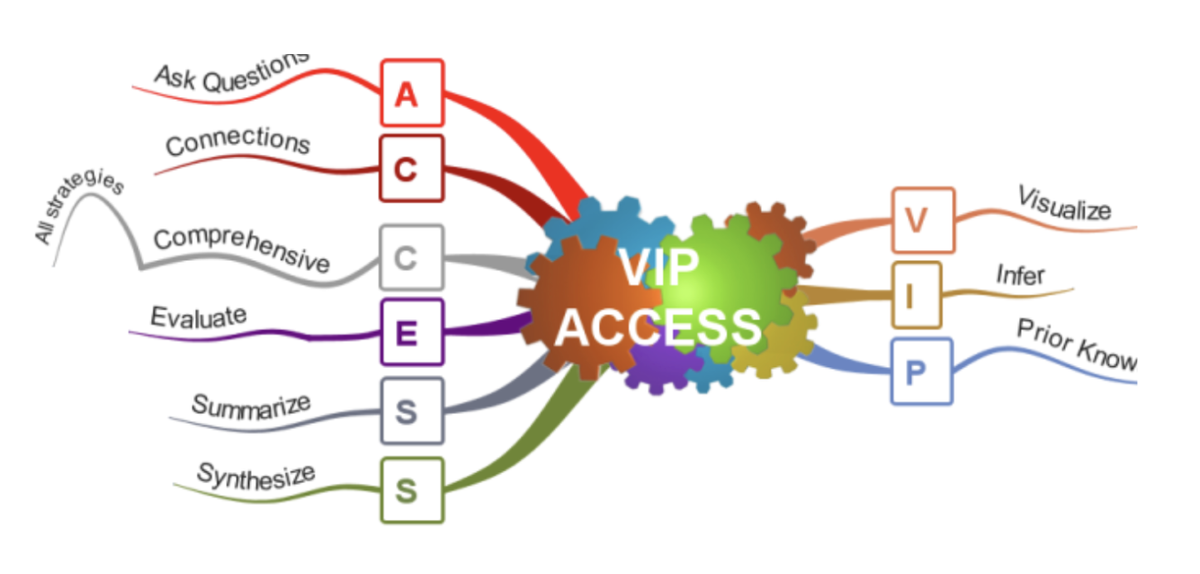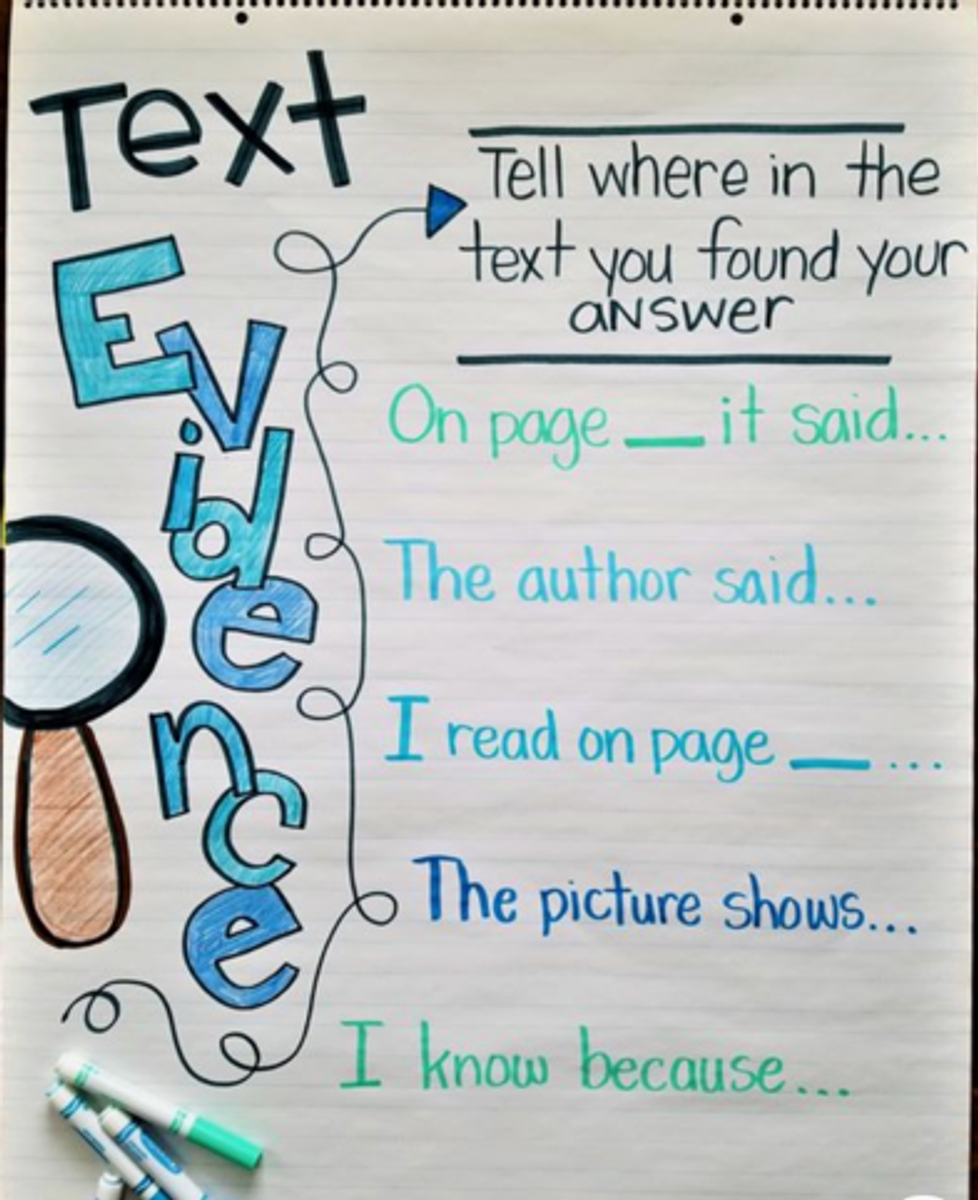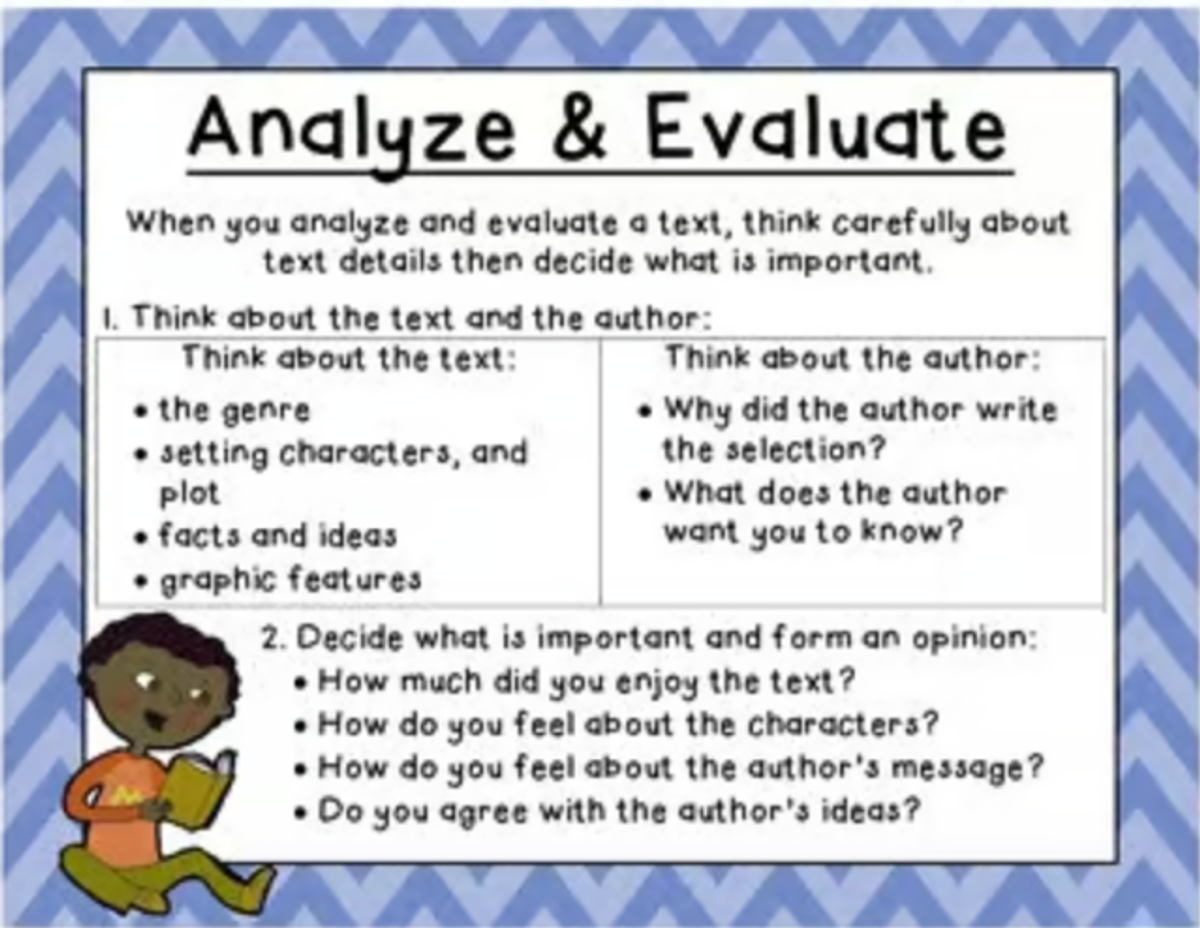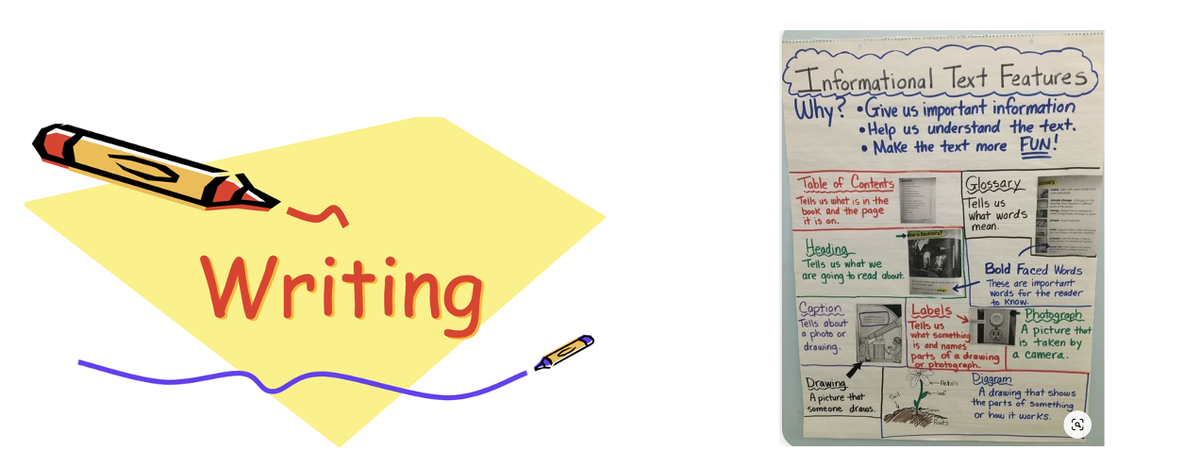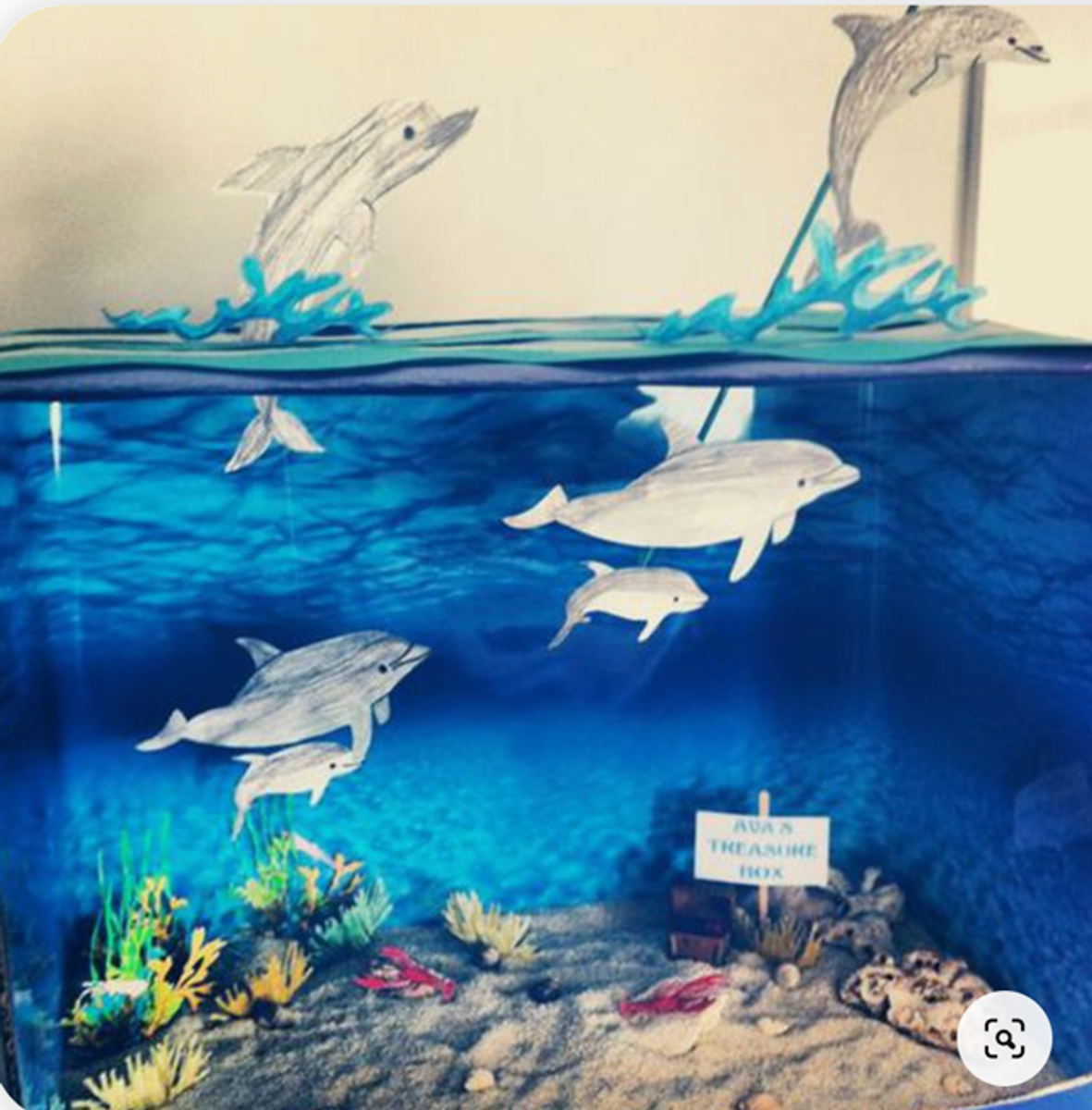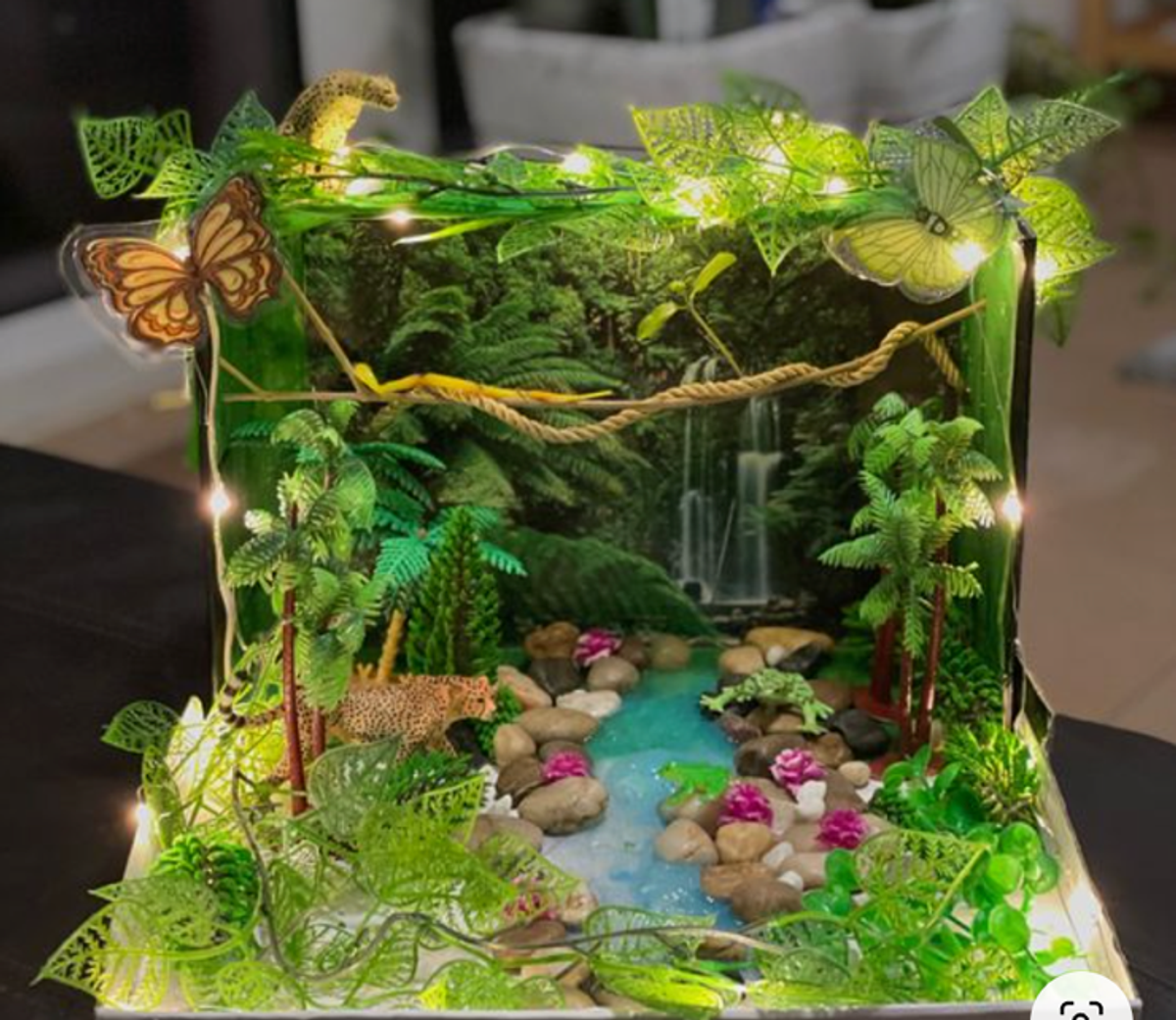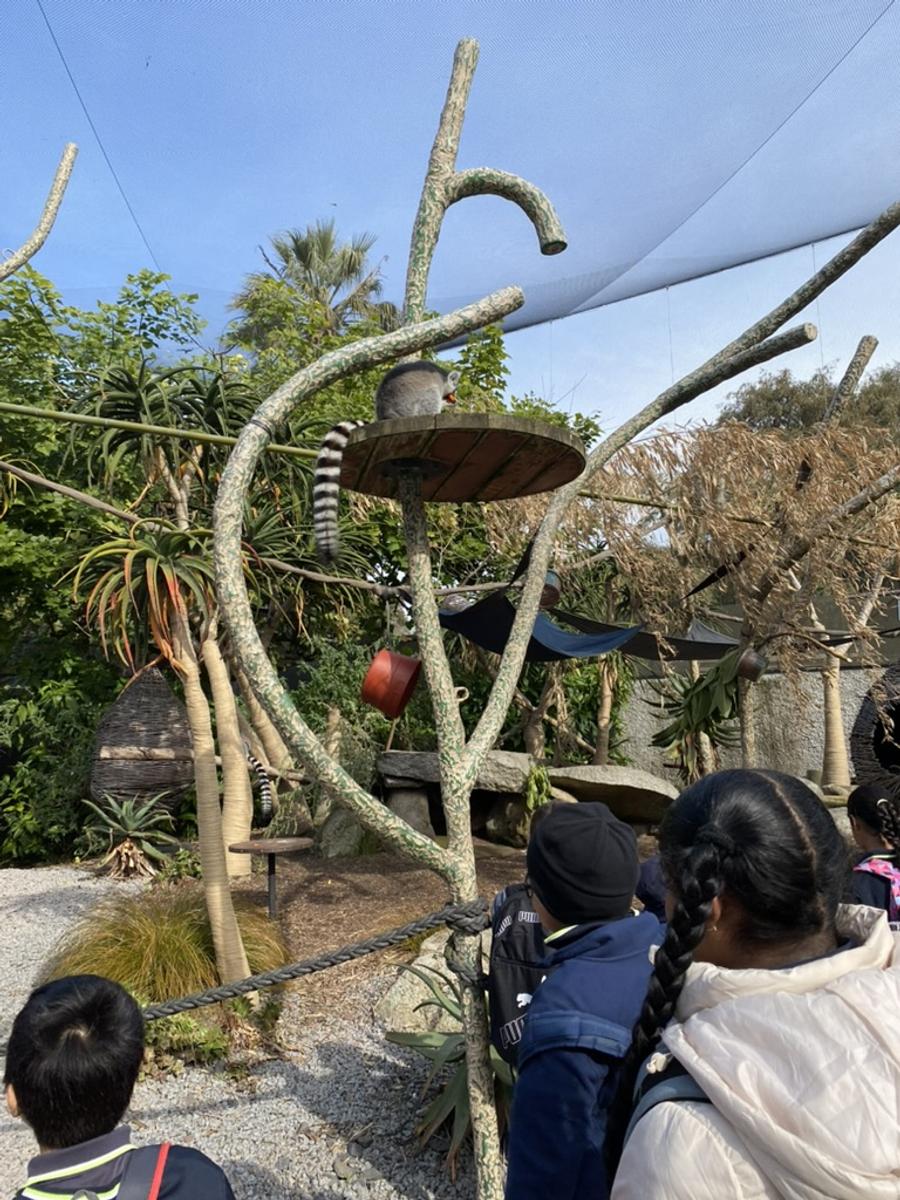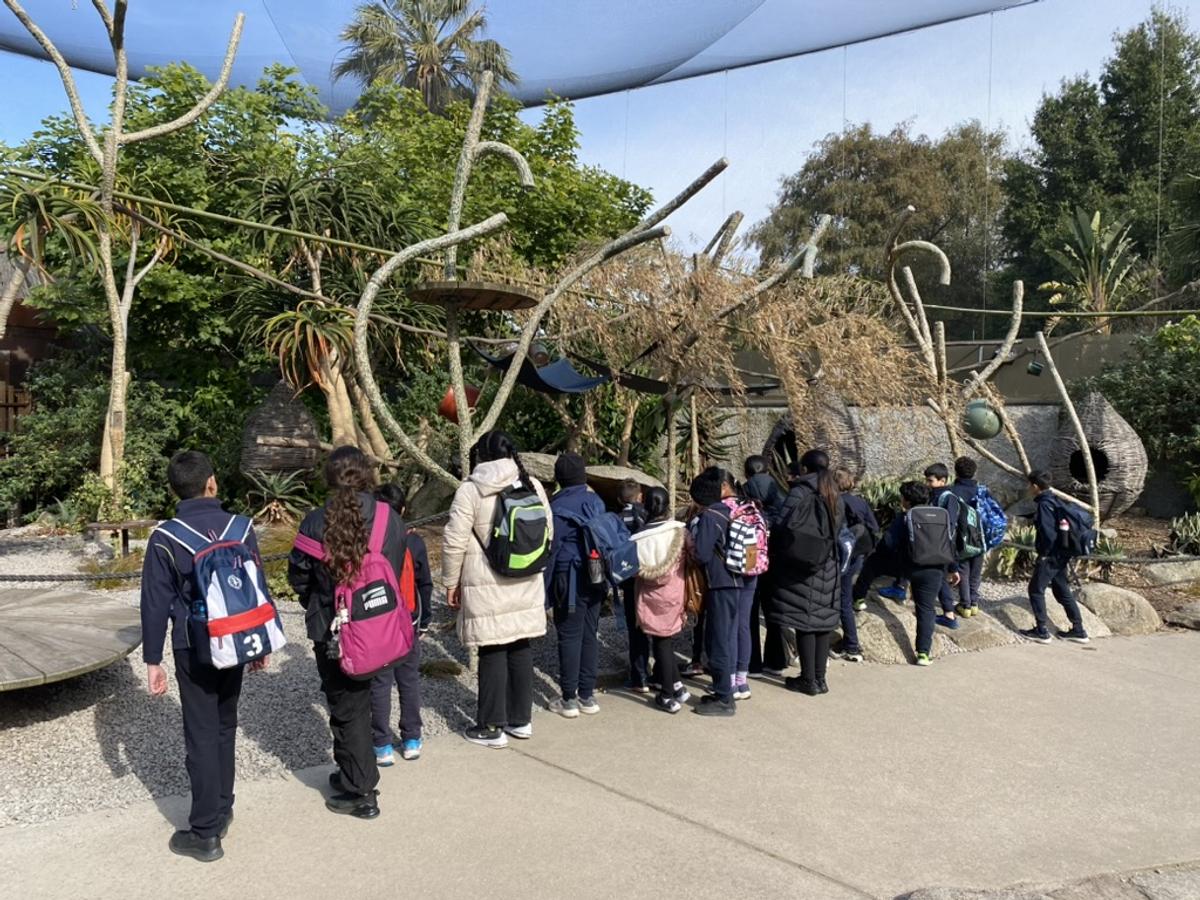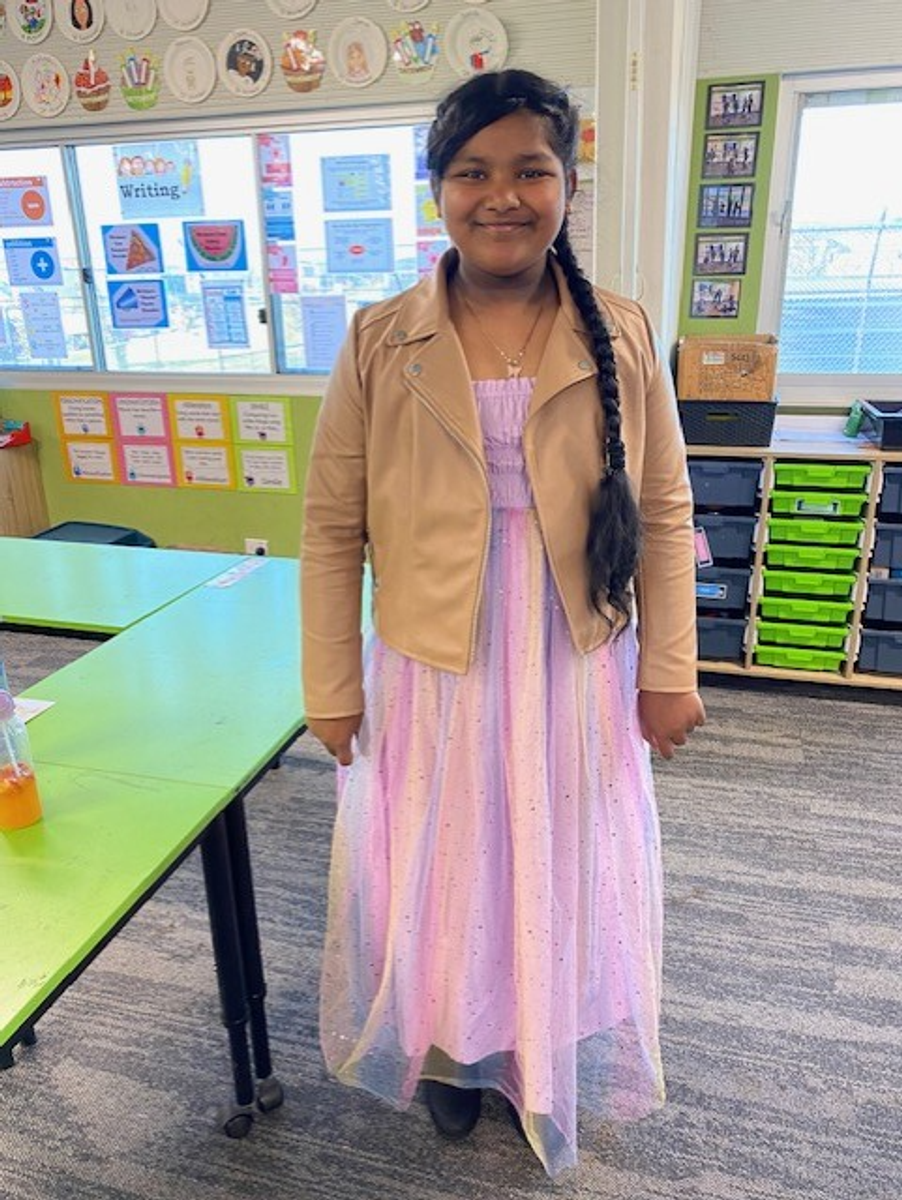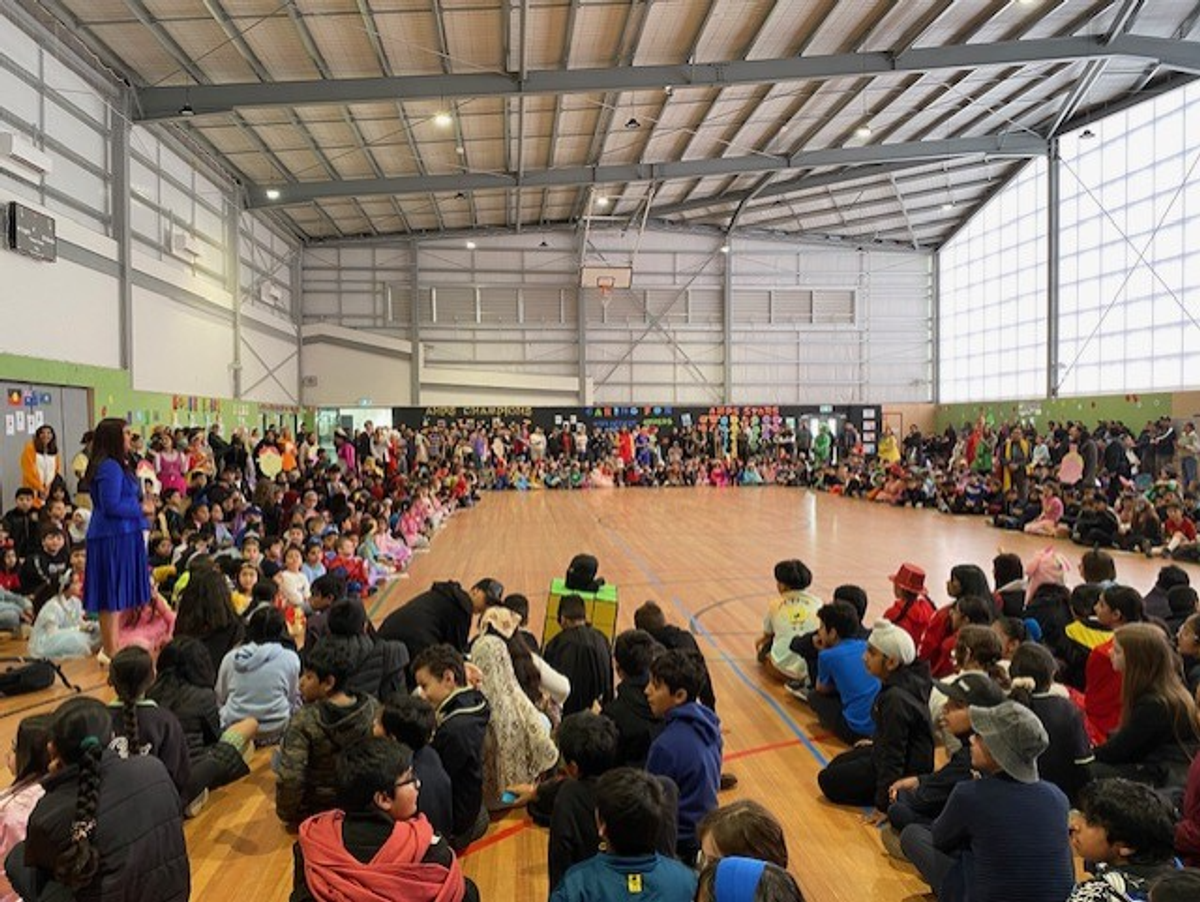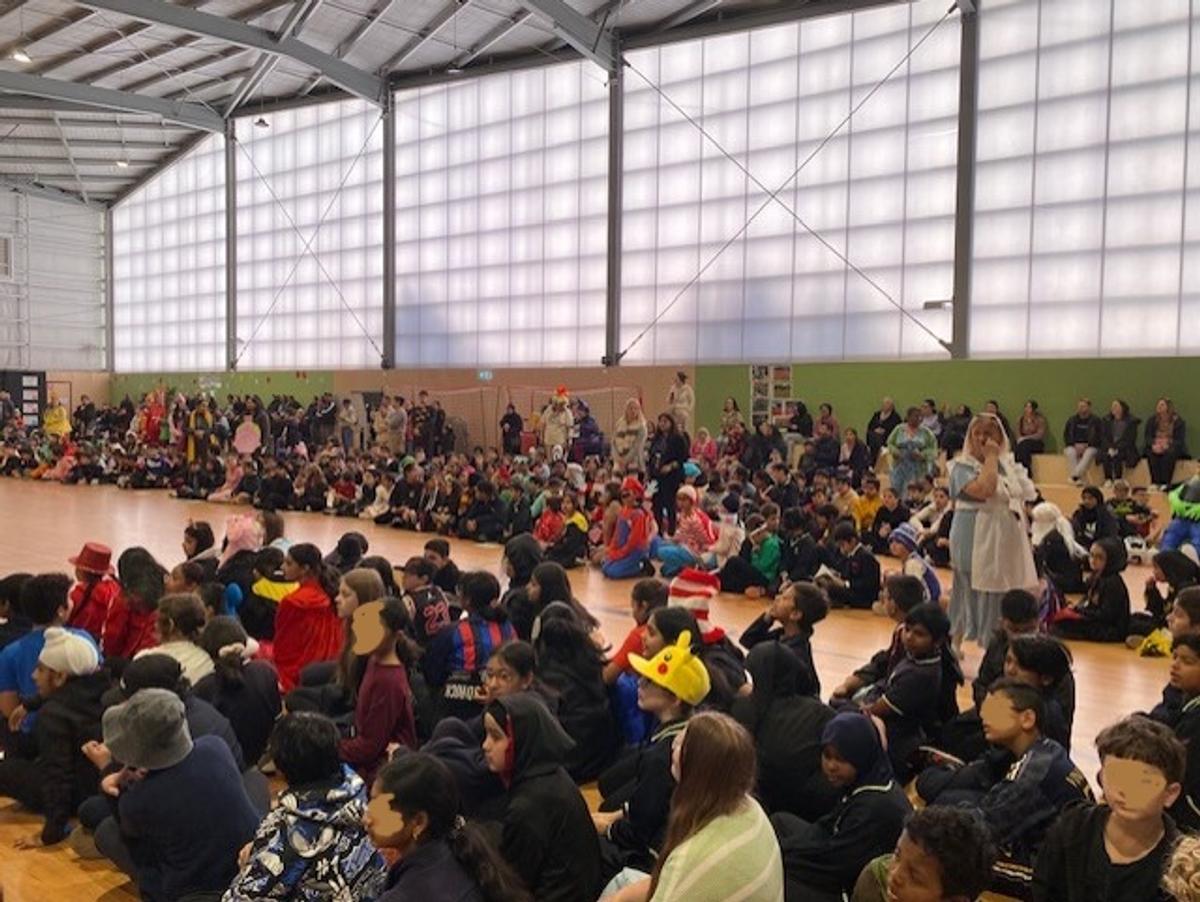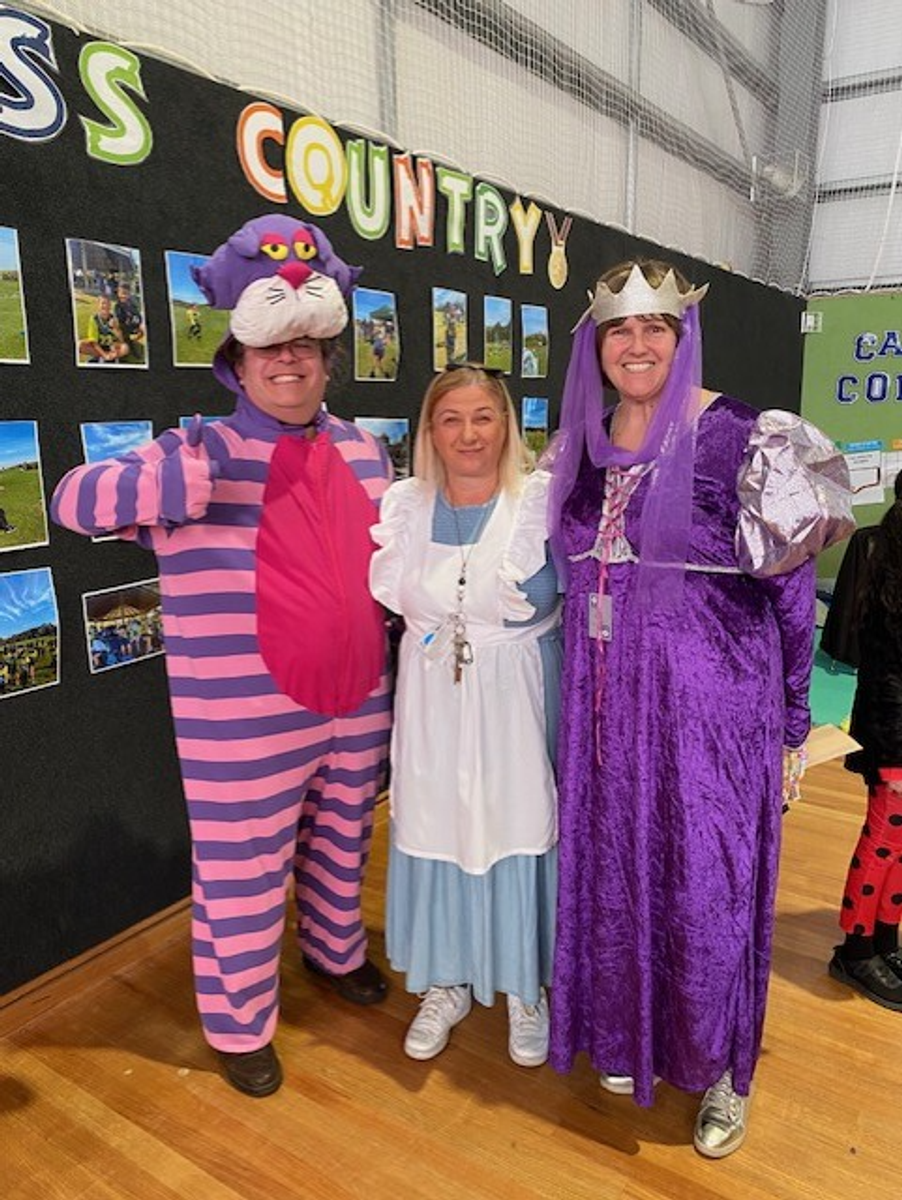Monarch Community Report

AHPS October 2024
Monarch Community
Reading
Analysing a Text:
Definition: Analysing means looking closely at the parts of the text to understand how they work
together.
Fiction Example:
- Definition: Looking at how the author uses words to create feelings in the story.
- Example: If a story uses dark and gloomy words like “stormy” and “whispered,” you can analyse that these words create a spooky or mysterious mood.
Non-Fiction Example:
- Definition: Breaking down the text to see how the author explains or argues about a topic.
- Example: If a text uses facts, statistics, and quotes from experts to talk about the importance of recycling, you can analyse that the author is trying to convince the reader that recycling is very important
Critiquing a text- Reading Strategy
Definition: Critiquing a text means looking closely at a story or article to form an opinion about it. It involves thinking about what you liked, what you didn’t like, and why. It’s like being a detective, looking for clues to understand the characters, plot, and ideas better. You consider what works well in the text and what could be improved.
Examples and Steps for Critiquing a Text:
- Think About the Characters:
- Example: Imagine you are reading a story about a brave dragon named Drako.
- What to Do: Ask yourself questions like, “Did Drako make good decisions? How did Drako’s actions affect others?” You might think, “Drako was brave, but sometimes he was too quick to fight without thinking.”
- Examine the Plot:
- Example: In the story, Drako goes on a journey to find a magical gem.
- What to Do: Consider questions like, “Was the journey exciting? Were there any parts that were confusing or boring?” You might decide, “The beginning was exciting, but the middle part was slow and could have had more action.”
- Look at the setting:
- Example: Drako’s adventure takes place in a mystical forest.
- What to Do: Think about, “Did the setting make sense for the story? Was it described well enough for me to imagine it?” You could critique, “The forest was described beautifully, but I wish there were more details about the magical creatures living there.”
- Evaluate the Themes and Messages:
- Example: The story might teach about the importance of courage and friendship.
- What to Do: Ask yourself, “What lessons did the story teach? Were they clear and meaningful?” You might say, “The theme of courage was strong, but the friendship part could have been highlighted more.”
- Judge the Writing Style:
- Example: The author uses a lot of descriptive words and exciting verbs.
- What to Do: Think about, “Did the writing make the story interesting? Were there any words or phrases that were confusing?” You might critique, “The descriptions were vivid and made the story come alive, but some words were too hard to understand.”
- Identify Personal Reactions:
- Example: How did you feel while reading about Drako’s adventures?
- What to Do: Reflect on, “Did the story make me feel happy, sad, scared, or excited? Why?” You could think, “I felt thrilled when Drako faced the dragon because the author built up the suspense well.”
- Suggest Improvements:
- Example: What could make Drako’s story better?
- What to Do: Consider, “What changes would make the story more enjoyable or understandable?” You might suggest, “Adding more challenges for Drako would make the story more exciting.”
Why Critiquing is Important:
- Better Understanding: It helps you understand the story or article more deeply.
- Critical Thinking: You learn to think critically about what you read.
- Expressing Opinions: It helps you express your opinions and discuss them with others.
- Improvement Skills: You become better at giving constructive feedback, which can help in your own writing.
Critiquing a text makes reading more fun and helps you become a thoughtful and skilled reader. So, the next time you read a story or article, put on your detective hat and start critiquing.
Students’ examples
NUMERACY-
Strand: Number- Financial
The Monarch students solved worded problems involving money. They analysed its importance to check if their answers were reasonable and sensible. This means using estimation to quickly figure out if their solution seemed right. Here’s an example the Monarch teachers used:
What is Reasonableness?
- Reasonableness means that the answer you get from solving a problem makes sense and is practical for the situation.
- If your answer seems too high or too low compared to what you expected, it might not be reasonable.
- What is Estimation?
- Estimation is a way to find an approximate answer quickly without doing all the detailed calculations.
- It involves rounding numbers to make the math easier and faster.
- Why Use Estimation in Financial Contexts?
- Speed: Estimation helps you get a quick idea of what the answer should be.
- Accuracy Check: It helps you check if your detailed calculations are in the right range.
- Real-Life Decisions: It’s useful in everyday situations like shopping, saving, and budgeting to make sure you don’t spend too much or save too little.
- Steps to Check Reasonableness Using Estimation:
a. Identify the Problem:
- Look at what you are trying to solve. Are you adding prices, calculating discounts, or figuring out how much money you need?
b. Use Estimation:
- Round Numbers: Round the amounts to the nearest easy-to-use number.
- Do Quick Math: Perform simple calculations with the rounded numbers.
c. Compare the Estimates:
- See if the estimated result is close to the detailed calculation.
- If your detailed calculation is very different from your estimate, you might need to check your work.
- Examples in Financial Contexts:
a. Shopping:
- Problem: You have $50 and want to buy items costing $12.75, $9.50, and $15.20.
- Estimation: Round to $13, $10, and $15. Add them quickly: $13 + $10 + $15 = $38.
- Check: $38 is less than $50, so you can afford it. Check detailed: $12.75 + $9.50 + $15.20 = $37.45. Both are close!
b. Budgeting:
- Problem: You earn $100 a month and want to save for a $300 game.
- Estimation: Divide $300 by $100 = 3 months.
- Check: This quick estimate tells you it will take about 3 months to save enough.
- Benefits of Estimation in Financial Math:
- Confidence: Estimation helps you feel confident that your answers are in the right range.
- Decision Making: It supports making good financial decisions quickly.
By using estimation to check if your financial solutions are reasonable, you can make sure that your answers are practical and realistic for real-life situations. This skill helps you manage money wisely and avoid mistakes.
Students’ examples
Information Reports on Ecosystems:
Students’ examples
Inquiry - Biological Science-Ecosystems: Diorama
Pyjama Day - 2 August 2024
Aitken Hill’s Prep cohort marked 100 days of schooling. To celebrate this milestone, students were encouraged to come to school dressed in their pyjamas or comfortable clothing.
Melbourne Zoo Excursion - 7 & 8 August 2024
The Grade 5 and 6 students had the opportunity to visit Melbourne Zoo recently. Students participated in an education program that aligned with our studies of Adaptations. All students, teachers, support staff and volunteers had an enjoyable time, following the different trails, visiting different habitats and seeing the animals up close.
Book Week Fair, Parade and Assembly - 22 August 2024
The Grade 5 Monarch Community joined the rest of the school to celebrate Book Week. Our theme this year was Alice in Wonderland. The book fair, parade and assembly were a perfect opportunity for students and staff to get together and celebrate as a whole school.
Friendly Reminders & Important Dates For 2024:
Please remember:
- 10th - World Suicide Prevention Day; 12th - R U OK? Day
- Please ensure your children are attending school as “It is not ok to be away”.
- Students complete 15-20 mins of reading as AHPS homework, and it should be recorded in their school diaries. The diary should be returned to school either daily or weekly for their teacher to sign.
- Brain food is fruit or vegetable snacks that children may eat in class. It is important to include this as an additional snack in their lunch box.
- Students are encouraged to bring gel pens or coloured pens to school, to be used for their reflective journal.
Much appreciated, From the Monarch Community 2024.


